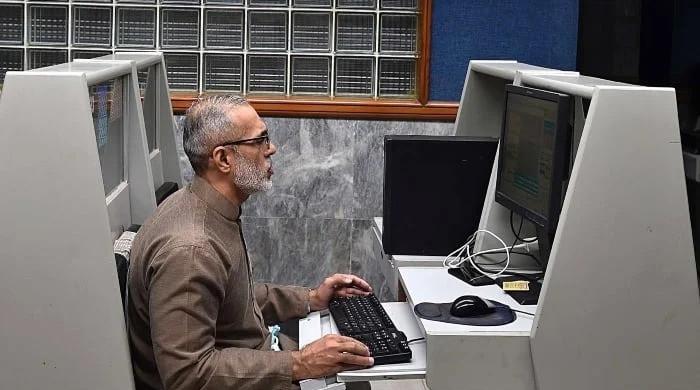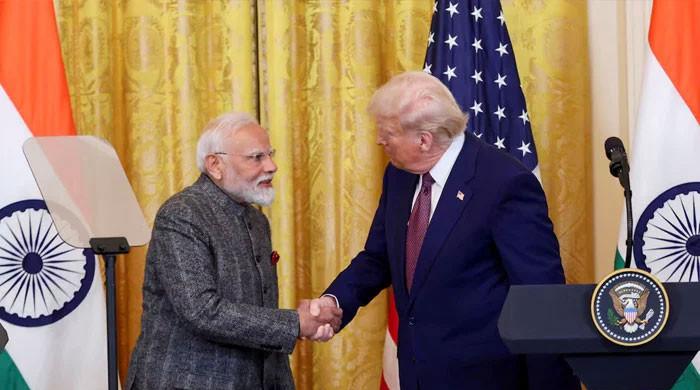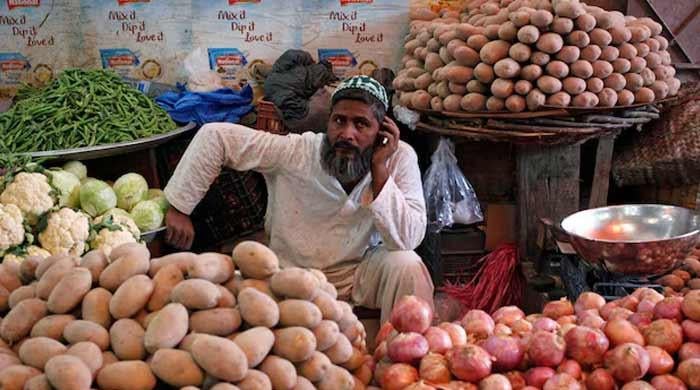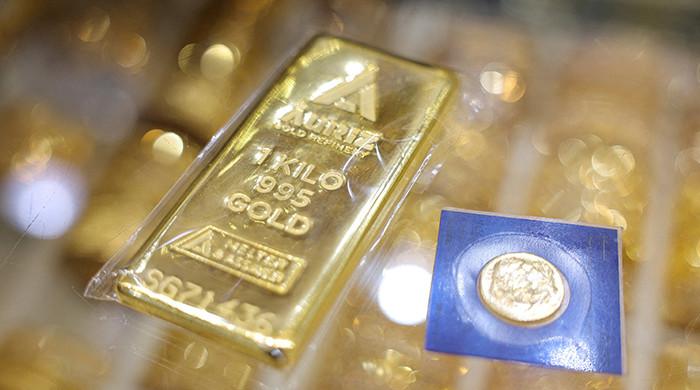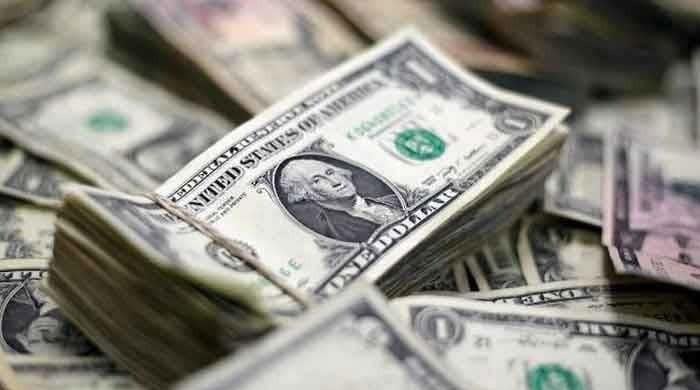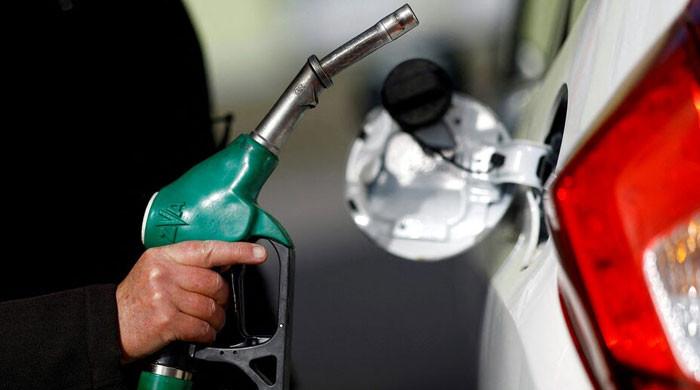Asian stocks rise as lockdown restrictions ease
Observers have warned that with the outlook still murky traders could be getting ahead of themselves as concerns of a second virus wave linger
May 11, 2020
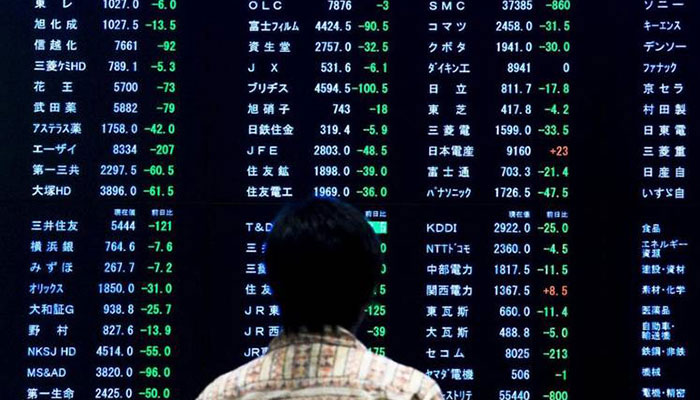
Asian equity markets rallied Monday as traders looked past a staggering jump in US job losses to focus on governments easing their virus lockdown measures and data showing the rate of deaths falling in some of the world's worst-hit countries.
However, observers warned that with the outlook still murky traders could be getting ahead of themselves, while there are concerns of a second wave hitting South Korea and China, which had been slowly reopening their economies.
Official figures on Friday showed a record 20.5 million people were laid off in April, sending unemployment soaring to 14.7%, the highest since the Great Depression.
However, the reading was slightly lower than forecasts and Wall Street ended a healthy week with strong gains as focus turned to plans to lift restrictions in the US and the rest of the world that have kept billions of people stuck at home for months.
"There is hope within this labyrinth of statistical perversity," said AxiCorp's Stephen Innes. "The vast majority of job losers anticipate being recalled. Temporary layoffs on this scale have never happened -- like almost every data point in this jobs report — and the hope is that it leads to a rather rapid return to work."
In early trade, Hong Kong added 1.8%, while Tokyo, Sydney, Taipei and Jakarta all piled on more than one percent.
Shanghai, Wellington and Seoul each rose 0.2%, Singapore added 0.5% and Manila was up 0.7%.
Traders took heart in figures out of badly hit countries including France, Germany and the US showing death rates continuing to sink, while leaders ease up on restrictions put in place to stop the disease's spread.
There is, however, the ever-present fear of another bout of infections.
South Korea, which had been praised for the handling of its initial outbreak, has been forced to shut all bars and clubs in Seoul after a cluster of new cases, while China on Sunday reported its first infection in more than a month in Wuhan, where the outbreak started.
And in Germany, at least one district had to reimpose restrictions after an outbreak at a meat processing plant. Also, the latest data out of the country indicated the infection rate was rising again.
Fears of second wave
OANDA's Jeffrey Halley, however, said markets would not likely be hit by such news just yet.
"With lockdowns being eased across Europe and Australasia, as well as the USA, and the rate of people dying falling in many countries, markets will likely ignore the threat of COVID-19 part two, staying with the momentum of the peak-virus trade," he said in a note.
And Tapas Strickland of National Australia Bank remained upbeat as economies grind back to life after months of near standstill that is widely expected to have caused a global recession.
"A sharp pick-up in economic activity is being priced by markets, and should occur as long as there is no second wave of infections that necessitates the re-implementation of containment measures," he said.
"Markets are thus likely to be increasingly sensitive to the track of new COVID-19 cases in countries that have begun to ease restrictions. Progress on a vaccine/effective treatment would also be a game changer."
The improving sentiment lifted high-yielding, riskier currencies against the dollar, with the South Korean won, South African rand and Australian dollar among the best performers.
But, with markets having soared from their March lows, there are concerns that the rally may have run too far, considering the uncertainty about how quickly economies can bounce back.
Bob Baur at Principal Global Investors LLC said: "Because so much future growth and uptrend potential is priced in, we expect a period of relapse and consolidation through June."
Oil prices slipped on profit-taking after surging last week on hopes for a pick-up in demand and as inventories begin to fall and producers slash output.
"While price action is bound to be choppy as economies try to move out of lockdowns, it is probably safe to say that traders have planked a base on oil prices," added Innes. "Oil fundamentals are showings signs of improvement by the week."





